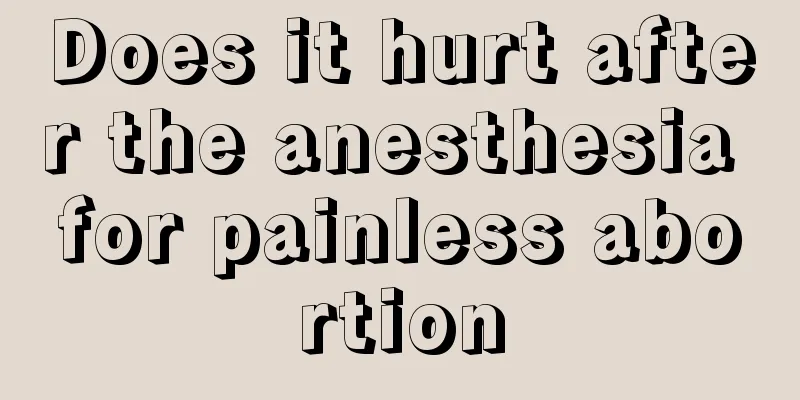Can people with hepatitis drink tea

|
Hepatitis is a disease that is very difficult to cure with one treatment method. Many hepatitis patients will have repeated attacks and there is no way to get good treatment. They can only temporarily relieve the patient's symptoms through some conservative treatments. If it occurs, dietary adjustments are also very important. In fact, you can drink tea, which will not have any effect, but just don't eat high-fat foods. The diet should be light, easy to digest and suitable for the patient. It should contain multiple vitamins, sufficient calories and an appropriate amount of protein. Protein intake should reach 1-1.5g/kg per day, and B vitamins and C should be supplemented appropriately. When the food intake is too small, glucose and vitamin C can be supplemented intravenously. High-sugar and low-fat diets are not emphasized. Neither hepatitis A nor hepatitis E requires antiviral treatment. Supportive treatment is the main approach, supplemented by appropriate liver-protecting drugs such as glycyrrhizic acid preparations, silymarin, reduced glutathione, polyene phosphatidylcholine, etc., avoiding drinking, fatigue, and the use of liver-damaging drugs. Emphasis is placed on early bed rest until the symptoms significantly subside, and activities can be gradually increased without feeling tired. Patients need to be hospitalized for isolation treatment until 3 weeks after onset, when clinical symptoms disappear, serum total bilirubin is below 17.1umol/L, and ALT is below 2 times the normal value. They can be discharged from the hospital, but they should still rest for 1-3 months after discharge, and should have regular checkups for half a year to one year after returning to work. Different types of viral hepatitis have different prognoses. Hepatitis A is mainly acute hepatitis, does not become chronic, and has a good prognosis. The incidence of severe hepatitis accounts for approximately 0.2%-0.4% of all hepatitis A cases, with a high mortality rate. People who have had hepatitis A or are latently infected can gain lasting immunity. The prognosis for most cases of hepatitis E is good. Most patients recovered within 1 to 4 weeks, and no cases of chronic hepatitis or cirrhosis were found. A small number of patients with cholestasis may have a longer course of disease. Most adults infected with acute hepatitis B can recover completely, but a few will develop into chronic hepatitis. However, hepatitis B infected in infancy and childhood often becomes chronic and goes through a period of immune tolerance, immune clearance, inactive and reactive stages. Some patients may also develop cirrhosis or liver cancer. Acute hepatitis C can easily turn into chronic disease and requires active treatment. Chronic hepatitis C can be cured through active antiviral treatment. However, untreated patients may also develop cirrhosis or liver cancer. |
<<: Can I drink alcohol if I have anal fistula
>>: Can gout patients drink wine?
Recommend
The difference between Baihao Yinzhen and Bai Mudan
Due to the long history of tea culture, there are...
There is a mole in the hair
Many people think that moles on their faces affec...
Is the small osteoma of the right ethmoid sinus serious?
Small right ethmoid osteomas usually do not cause...
How to remove the red bloodshot eyes
It is very common for modern people to stay up la...
Why does makeup cause powder to float
Nowadays, putting on makeup has become a necessar...
How to use baby diapers
In modern life, people's material level has g...
What medicine to take for advanced cervical cancer
Cervical cancer is a disease that female friends ...
Which three places will hurt in the early stage of gastric cancer
Gastric cancer may not have obvious pain symptoms...
Can I wash my hair after straightening it for 48 hours?
Hair straightening is a common part of hair care....
How to improve human metabolism?
The main reason why many obese people become obes...
Tips for curing nausea and vomiting
We have all experienced nausea and vomiting in ou...
What is the reason for the blackening of fingernails? It turns out this is what caused it
The phenomenon of black fingernails must be cause...
What are the symptoms of esophageal cancer in the elderly
The symptoms of esophageal cancer are usually hid...
Life Light Wave Therapy Room
Now that technology is becoming more and more adv...
How to choose a kidney cancer hospital nationwide
The kidneys are hidden, so kidney cancer often la...









